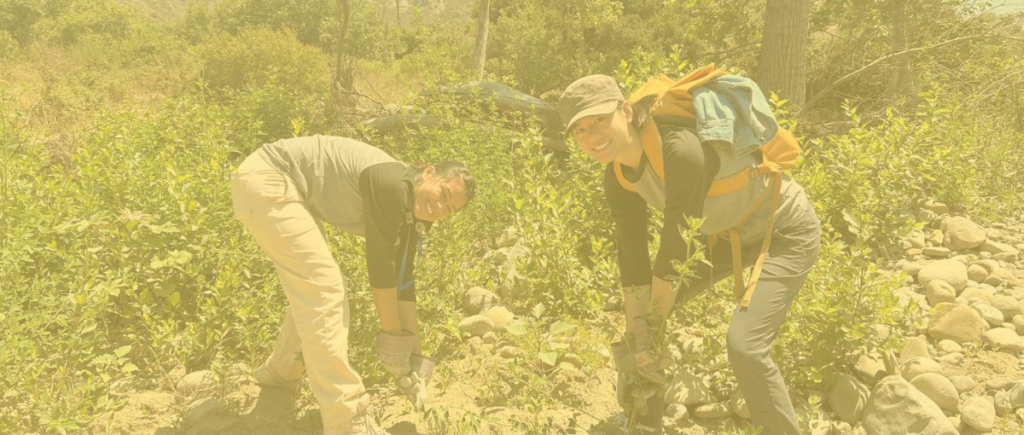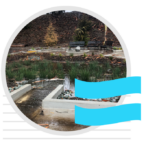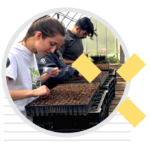June 30, 2025
Topic
Home Field Advantage
By Bernadette Austin
Last week my son and his cousin were comparing notes as fellow soccer players. My nephew described his remote coastal community’s inhospitable field with uneven terrain that made it difficult for visiting teams to navigate. My son described his hydration regime for playing soccer year-round in Sacramento’s high temperatures. For more than four decades, CivicWell has supported local leaders who, like these teenage athletes, hold knowledge about the environment and people who make up their communities and best know how to navigate challenges and maximize assets.
Local knowledge has been harnessed and shared in many ways by many groups. Community based organizations know the people they serve–their history, culture, strengths, preferences, and more. From the COVID response to disaster communications, CBOs have been critical partners in effectively, efficiently, and respectfully engaging target audiences because of this local knowledge and the trust they have established over the years. For decades, institutions like colleges and regional agencies have collected data about surrounding geographies that give important insights on hydrology, geology, ecology, air quality, human health, and more. For generations, traditional ecological knowledge has passed down within Tribal communities about the relationships between people with other living things and their environment and can inform the future in areas like forest management.
In the second half of this year, CivicWell will continue our legacy of supporting local leaders and honoring their knowledge in a variety of ways. Next week, the California Climate and Energy Collaborative (CCEC) Forum will convene more than 500 participants around the theme of “Hope in Action: Local Leads the Way.” This year’s conference will spotlight the critical role of local leadership in shaping a sustainable future amidst an uncertain climate landscape. By showcasing how grassroots initiatives and regional collaborations are driving innovation and equity, this Forum underscores the importance of local action as the cornerstone of climate resilience and progress. In the fall, we will be convening a webinar series. This year’s topics include rebuilding housing after disaster, building back with efficiency and electrification, the circular economy, and the future of the Greenhouse Gas Reduction Fund (GGRF). In the meantime, CivicWell’s Resource Library has recordings of past webinars on topics like creating a Climate Resilience District and Innovative Investment Strategies for Climate Resilience. Through the end of this year, we will continue our long-term commitment to providing technical assistance and capacity building for local governments and CBOs. With the state budget finalization, state agencies will be more certainty about the availability of funds to support locals, including thorough CivicWell’s Community Design Program. Last but certainly not least, CivicWell is strategizing ways to rebuild and grow our policy presence during an important period of time.
We look forward to continuing to deepen partnerships with local leaders from the government agencies and CBOs that know their communities best.
CCEC Forum Update
Registration for the 16th Annual California Climate and Energy Collaborative (CCEC) Forum is CLOSED! We’ve reached capacity and want to extend a huge thank you to everyone who registered—this year’s event is set to be our biggest yet! With over 500 registrants, 2 plenaries, 20 breakout sessions, and plenty of networking opportunities, it’s going to be an impactful forum.
For those unable to join this time, we hope to see you next year! In the meantime, stay tuned—we’ll be sharing posters, presentations, and key materials on our website after the event. Thank you for your enthusiasm and support!
This year’s forum will take place at the Signia by Hilton in San Jose on July 9th and 10th. Hosted by the California Climate & Energy Collaborative (CCEC)—a CivicWell initiative funded by the state’s Regional Energy Networks—the CCEC Forum convenes government and industry leaders from across the state to share best practices and cutting-edge innovations in the climate and energy field.
This year’s forum kicks off with an Opening Plenary titled California in Action: Leading the Way in 2025 and will convene top state leaders to explore how California is advancing its climate goals in the face of evolving federal policies. Aligned with this year’s theme, *Hope in Action*, the session will explore the implications of federal landscape changes on climate and energy and how California will continue to move forward with reaching our goals. The session will feature insights from:
Plenary Speakers
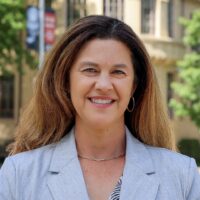
Erin Curtis
Executive Director
Strategic Growth Council
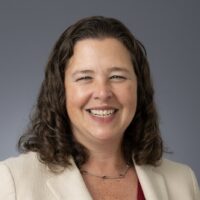
Kate Gordon
CEO
California Forward
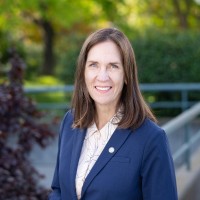
Rachel Peterson
Executive Director
California Public Utilities Commission
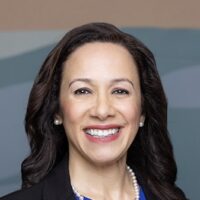
Noemi Gallardo
Commissioner
California Energy Commission

CivicSpark will Continue at the Public Health Institute
After a challenging few months in the AmeriCorps landscape, CivicSpark has received official notification of AmeriCorps funding through their National Direct grant for the 2025-2026 service year. CivicSpark will support at least 100 Fellows and communities in their current operating states of California, Colorado, and Washington. They also anticipate additional notifications from state AmeriCorps grants in the coming weeks, and recruitment is now in full swing as we prepare for what they expect to be a competitive cycle. Below are the key details and deadlines for potential partners and Fellows:
- Partner Fee: $35,000 per Fellow for the 2025-26 service year
- Fellow Living Allowance: $35,000
- Partner Application Deadline: June 30, 2025
- Please note: We are nearing our current capacity for host partners, so we encourage you to apply as soon as possible.
- Fellow Priority Application Deadline: July 10, 2025
- Fellows should apply early to maximize consideration for placement across multiple projects.
Fellows placed at host sites will serve for an 11-month term beginning October, 6 2025 and concluding September 4, 2026. Please feel free to share this update with any prospective partners or Fellow candidates in your network.
If you’d like to speak with a CivicSpark team member to learn more, don’t hesitate to reach out!
